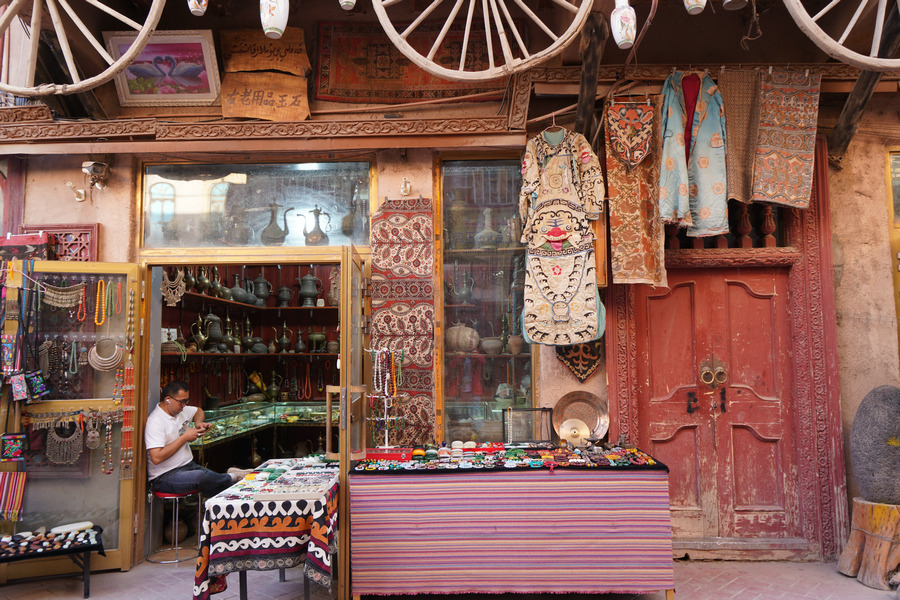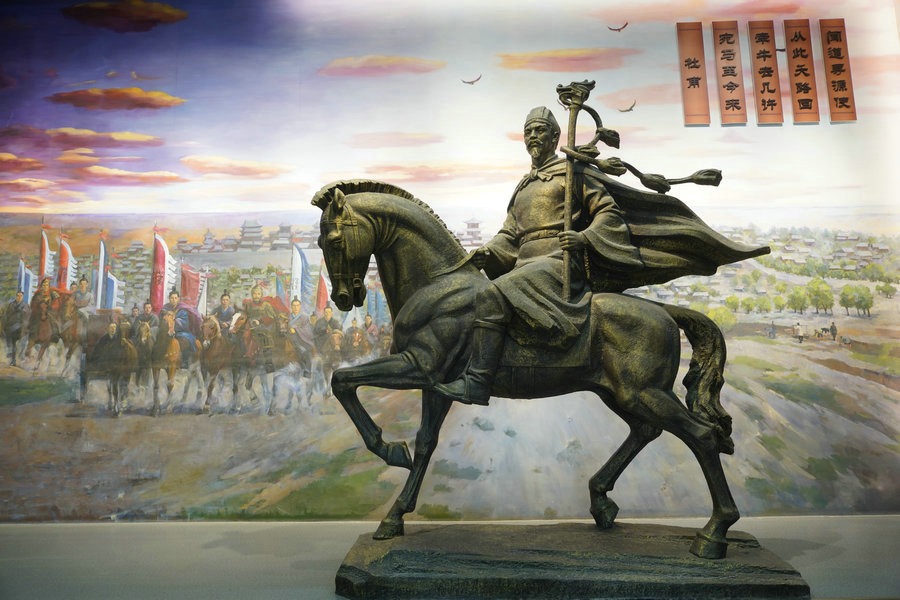Displaying the past gets a brighter future
Museums put more emphasis on giving visitors an educational experience, Yang Feiyue reports.


Gaining enthusiasm
In recent years, China has put an increasing emphasis on the cultivation of comprehensive qualities in primary and secondary school students.
Museum regulations issued in February 2015 stressed the educational function of museums. In November 2016, 11 government organs, including the Ministry of Education, issued opinions on promoting study trips for primary and secondary school students, incorporating museum trips into the curriculum.
Luo Xin, a professor at Shaanxi Normal University, says museums expand the life coordinates of children and their parents.
"When you step into a history museum, you begin to wonder where you came from; why you are the way you are; why, as a Chinese person, you have this culture; and you start to develop thoughts and hopes for the future," Luo says.
Luo sees museums as a subtle yet powerful form of identity education, offering a multisensory and immersive learning experience.
To date, Zhang's audio services have covered more than 60 museums across the country.
In June 2020, he teamed up with Emperor Qinshihuang's Mausoleum Site Museum and launched a 50-episode online class for teenagers.
The Museums in the Ear program has developed explanations for more than 100 museum exhibitions at home and abroad and more than 40 audio classes on museums, which has attracted 6 million listeners.
The popularity has affirmed his faith that small and medium-sized museums can have a big impact.
"I can sense more people are developing a strong bond with museums and follow us multiple times," Zhang says.
Having worked in the museum field for over 20 years, Zhang has come to know almost all the major museums in Beijing like the back of his hand due to his exploration of their connections with young people.
"In the past, museums infused a city with soul; looking to the future, they will infuse it with strength," he says.

































